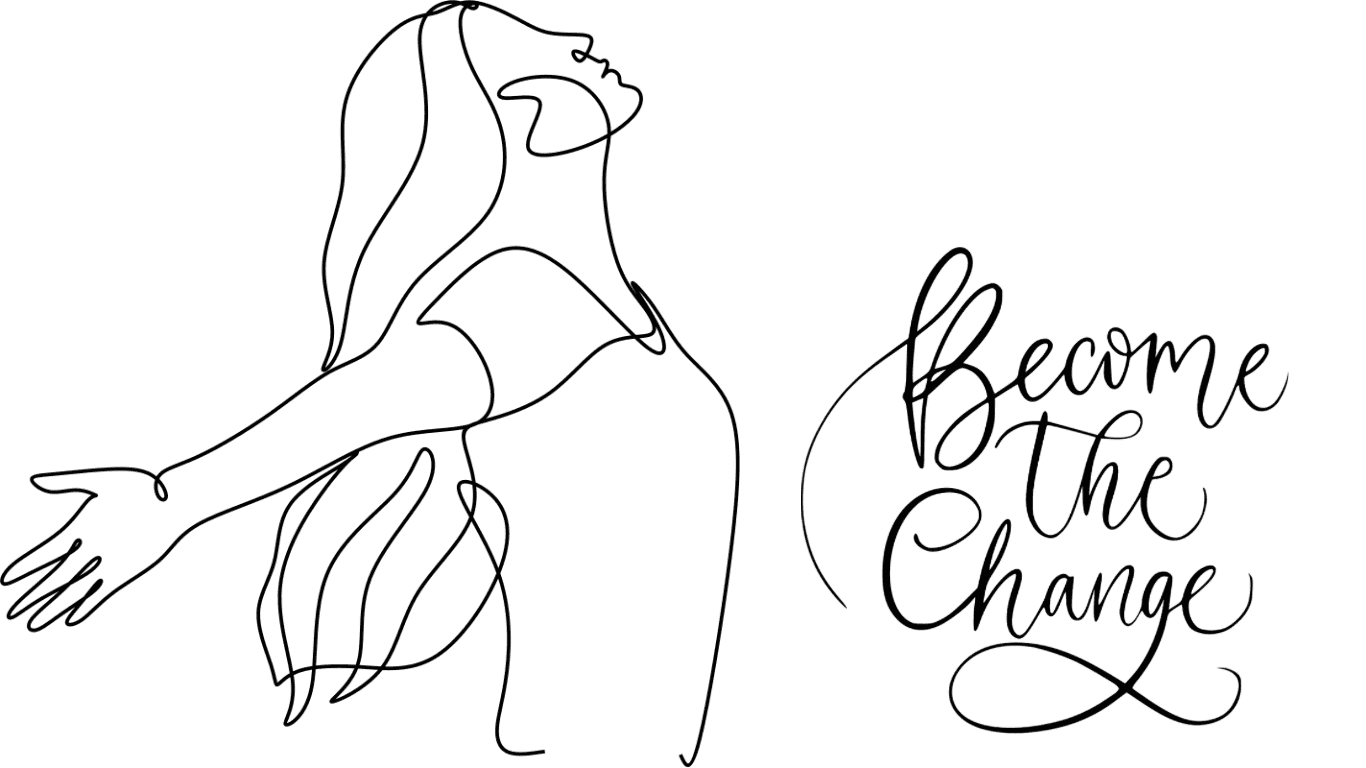In a world haunted by the persistent spectre of violence against women, the shadows cast by domestic abuse continue to scar lives and souls. My recent article on Manupatra explores the multifaceted dimensions of domestic violence and the indispensable role of rehabilitation in healing its victims.
From dissecting the elusive definition of violence to unravelling its far-reaching impacts, the article navigates through the grim realities and hopeful prospects of rehabilitation. It sheds light on the intricate intersections of human rights jurisprudence and the recognition of domestic violence as a violation, outlining international frameworks and the pressing need for victim-centred approaches.
The piece delves into India’s legislative landscape, examining the Protection of Women from Domestic Violence Act and the existing challenges in providing comprehensive support to victims. It emphasizes the necessity for a shift in focus, advocating for specialized authorities dedicated to victim rehabilitation and increased awareness of support systems and protective laws.
Rehabilitation, as highlighted, extends far beyond physical healing; it’s a holistic journey to restore shattered lives and rebuild self-esteem. By championing a victim-centred approach, we aspire to foster a society where justice commences with the empowerment and well-being of those who have endured the trauma of domestic violence.
To delve deeper into this critical discourse and explore avenues for change, read the full article here.

